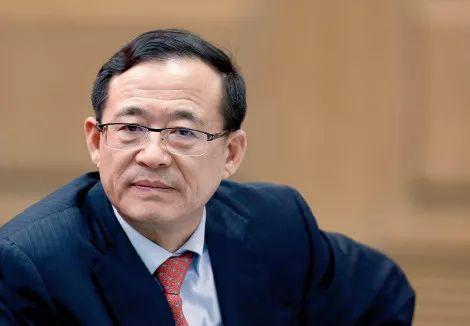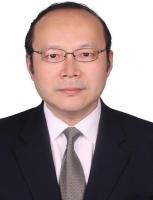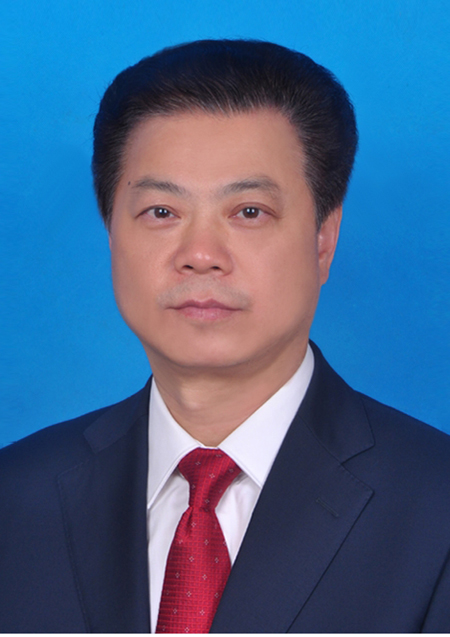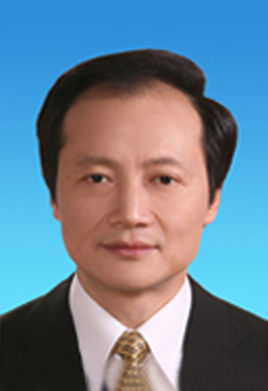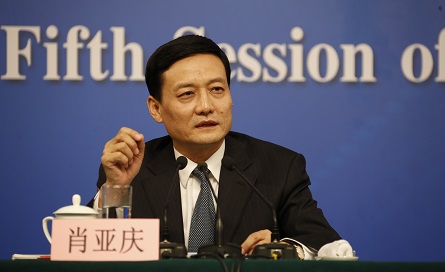
Incumbent State Asset Supervision and Administration Commission (SASAC) Party Secretary Hao Peng (郝鹏) takes Xiao’s SASAC Chairman position concurrently. On 21 May 2019, State Council appointed Xiao Yaqing as the new SAMR Director-General, replacing Zhang Mao, who is retiring due to age limit—Zhang was born in 1954 and has reached age limit set for full ministerial-ranking officials. Xiao’s SASAC Chairman vacancy has been taken concurrently by his colleague, incumbent SASAC Party Secretary Hao Peng. Zhang Mao is a well-connected princeling, whose father was one of the early-generation leaders of Xinhua News Agency’s HK Branch since early 1990s. Zhang’s father-in-law was Gu Mu, former Vice Premier of the State Council. Zhang was initially appointed SAMR Party Secretary in March 2018 when the SAMR was newly established, with Bi Jingquan (毕井泉) serving as its founding Director-General. Following the Changchun vaccine scandal of 2018, Bi resigned and Zhang took SAMR Director-General position subsequently. Xiao is a renowned reformer and a very capable SOE manager during his tenure as Chinalco Chairman, as well as during his latest tenure as SASAC Chairman. Yet, Xiao is known to be an outspoken advocate for stronger role of SOEs and state-owned assets in China’s economy—his latest appointment to SAMR will raise question in the market on the future trajectory of China’s market reform. Following the March 2018 restructuring of State Council, SAMR now combines the full or partial capacity of State Administration of Industry and Commerce (SAIC), MOFCOM, National Development and Reform Commission (NDRC), and State Council Anti-Trust Commission. Xiao’s position will be critical in understanding China’s future approach to anti-trust review, and of course, its approach to foreign investment review, as China catches up with the United States on making SAMR into an agency with the mandate similar to that of CFIUS. Hao Peng is one of the defense technocrats that are in hot seats since Xi took power—Hao worked for 17 years in AVIC’s Lanzhou subsidiary before entering into the government. Currently, there are nearly a dozen officials of full ministerial/provincial ranking who have spent a significant amount of their career in China’s defense technology sector, including Heilongjiang Party Secretary Zhang Qingwei (张庆伟), Liaoning Party Secretary Chen Qiufa (陈求发), Guangdong Governor Ma Xingrui (马兴瑞), and Hunan Governor Xu Dazhe (许达哲).


